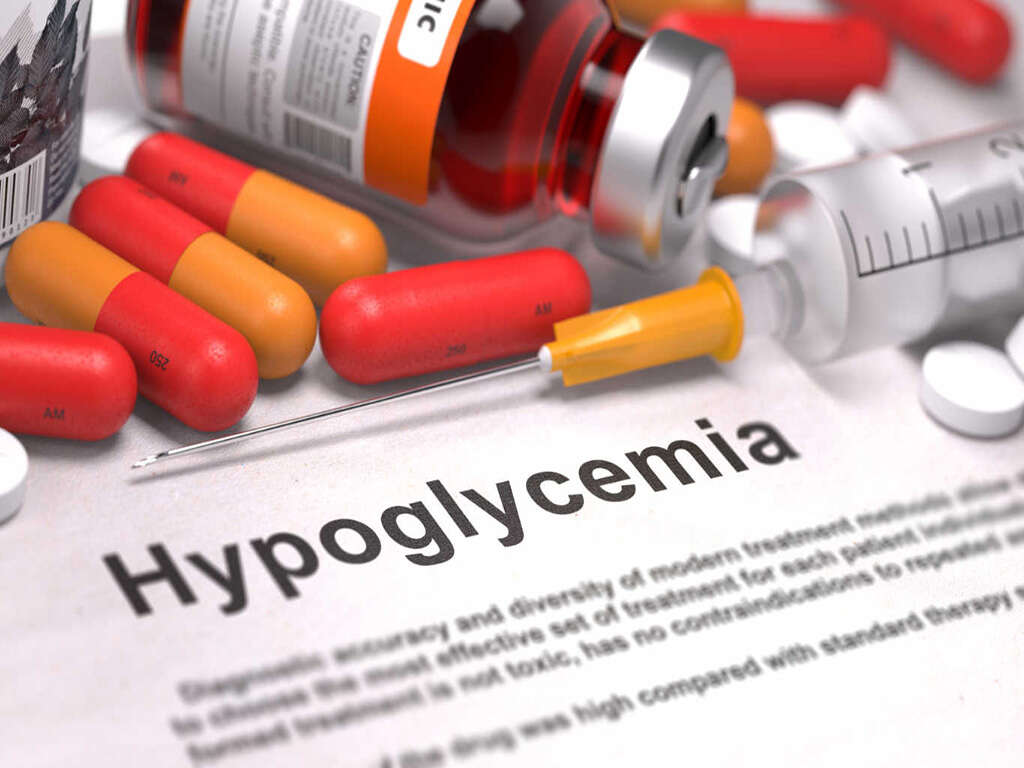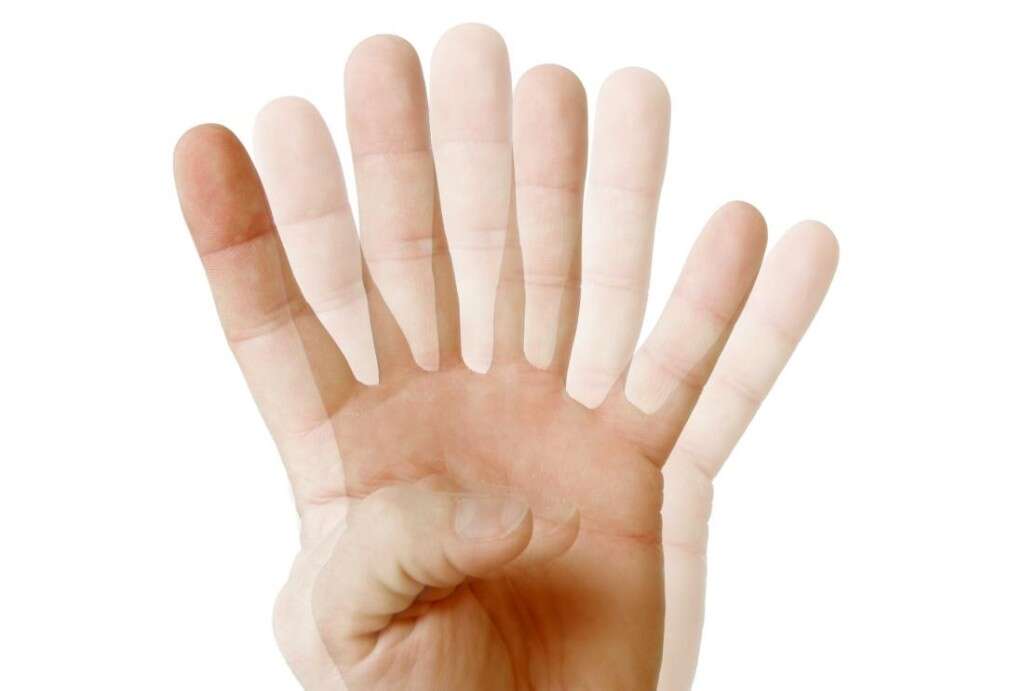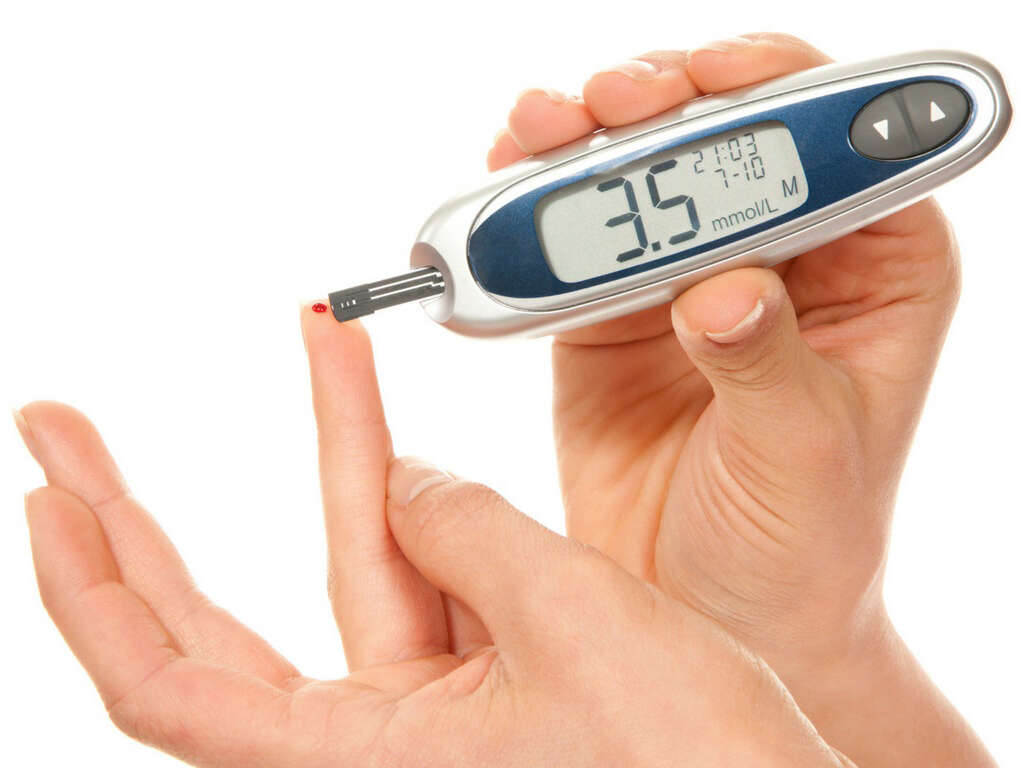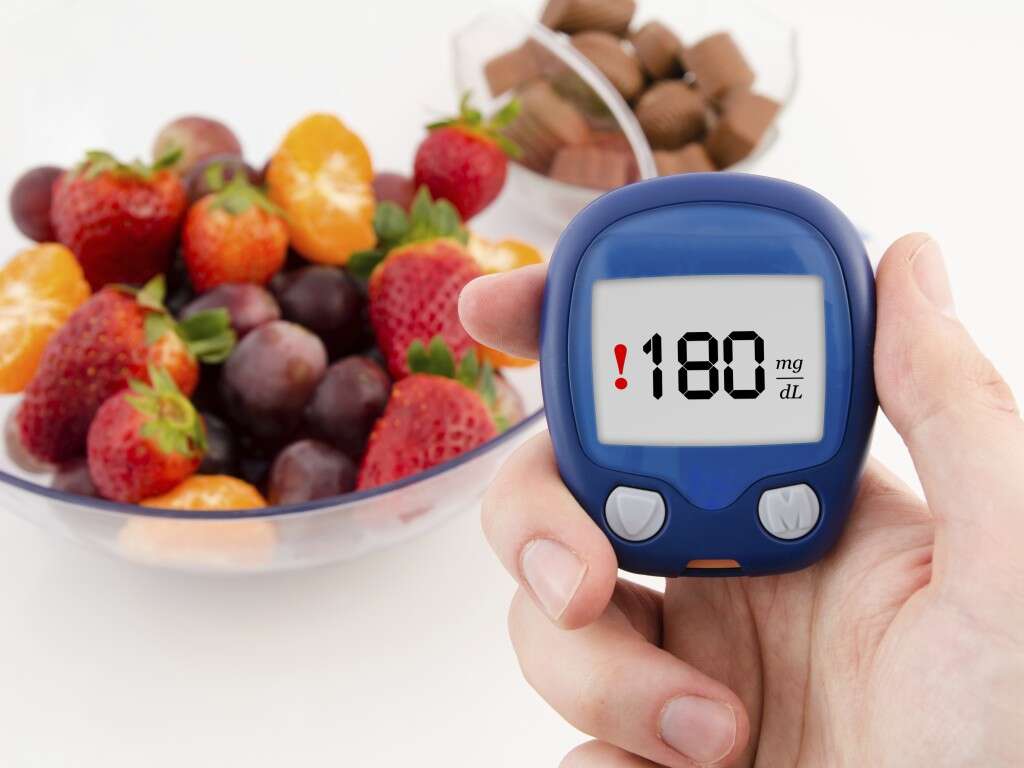10 Signs of Hypoglycemia
Hypoglycemia is a condition characterized by very low levels of sugar (glucose) in the blood. In general, hypoglycemia is related to diabetes treatment, but many other conditions can also lead to low blood sugar levels. One thing you should know is that hypoglycemia is not a disease by itself, rather it is an indicator of another health problem.
Immediate treatment of hypoglycemia is necessary, especially when the levels of blood sugar are very low. Treatment involves eating high sugary foods, drinking high sugary beverages, or with medications. However, the most important thing is to determine the underlying cause that leads to hypoglycemia in the first place.
Besides diabetes, possible causes of hypoglycemia include excessive alcohol consumption, kidney disorders, using certain medications, insulinoma, hormone deficiencies, etc.

Hypoglycemia Sign #1: Extreme Hunger
Extreme hunger is a common sign of hypoglycemia. If you suddenly feel like you are starving, even though you recently had a meal, or if you have already eaten but don’t feel satisfied, then your body is giving you the message that it needs more glucose for its normal functioning.

Hypoglycemia Sign #2: Excessive Sweating
Excessive sweating is a common sign of hypoglycemia and perhaps one of the first to occur. It begins without any warning, regardless of the body’s temperature. Excessive sweating can occur in cold or hot weather as an autonomic response.
Most common areas affected by excessive sweating are the back of the neck and the hairline. In an otherwise healthy person, excessive sweating is more likely to occur in cases of mild low blood sugar, when the glucose levels drop to about 70 mg/dl. In diabetic patients, however, excessive sweating may become noticeable at a much lower blood sugar level.

Hypoglycemia Sign #3: Shaking and Tremor
Glucose is a very important component in the human body and when there is not enough of it, specific parts of the body will start to malfunction, especially the central nervous system.
In such cases, catecholamines will be released as a compensatory mechanism to encourage the production of glucose in the liver, causing the characteristic shaking and tremor of hypoglycemia.

Hypoglycemia Sign #4: Muscle Twitches
Muscle twitches are another sign of hypoglycemia, usually present in cases of moderate low blood sugar, when the blood sugar levels are lower than 40 mg/dl. These muscle twitches are involuntary and there is nothing you can do to stop or control them, besides getting your blood sugar levels back to normal with food or beverages, as well as medications.
Muscle twitches can affect just one or a group of muscles in the body, like the arms, the legs, the eyelids, etc. However, remember that muscle twitches can be a sign of other problems, so you should get a medical evaluation, especially when other signs and symptoms are involved.

Hypoglycemia Sign #5: Irritability
If you suddenly feel irritated and start bursting out at people around you without a real reason, then perhaps you need more sugar. In cases of hypoglycemia, irritability is possible, among other mood swings. Hysterical crying, uncontrolled anger, anxiety, etc., are also quite common among those who have a drop in their blood sugar levels.
Once your blood sugar levels are back to normal, you will start feeling like yourself again.

Hypoglycemia Sign #6: Dizziness
Another warning sign of hypoglycemia that you should be aware of, especially if you are already taking medications for diabetes, are dizziness and light-headedness. If you experience these two symptoms, you should address your hypoglycemia right away to prevent fainting.
Make sure you sit down or lay down in order to prevent injuries due to falling because of low blood sugar. Remain seated until you feel better again or get help. There are many other reasons besides hypoglycemia that could lead to dizziness and light-headedness. However, if you are diabetic, you and others around you should know how to assist you in this situation.

Hypoglycemia Sign #7: Difficulty Concentrating
Having problems concentrating is another sign of hypoglycemia and is likely to occur when the blood sugar levels are very low. Naturally, when the central nervous system is not getting enough glucose through the blood, problem-solving becomes very difficult and a person will have a hard time concentrating.
As glucose is the main source of energy for the brain, confusion, loss of concentration, and other problems arise. In severe stages of hypoglycemia, even seizures become possible.

Hypoglycemia Sign #8: Slurred Speech
Another sign of hypoglycemia is slurred speech. Even though you might not notice it, others around you will. Often, that will make you look like you have had more than just a drink or two, but in fact, you did not have any. Checking your blood sugar levels in such a case is recommended. If a drop in your blood sugar is to be blamed, then eat something sweet or drink a sugary drink. Soon, your speech will get back to normal, as your blood sugar level stabilizes.
However, you should make an appointment with your doctor as soon as possible to determine the cause of your low glucose levels or slurred speech as these can be related to a more serious health issue. This is especially important when slurred speech is associated with other signs and symptoms like confusion, clumsy movements, loss of concentration, blurred or double vision, etc.

Hypoglycemia Sign #9: Blurred and Double Vision
If you suddenly notice blurred or double vision then low blood sugar level may be to blame. Other vision problems associated with an acute decrease in blood glucose levels are diplopia, dimness of vision, loss of contrast sensitivity, etc.
Recognizing vision problems due to hypoglycemia is very important, especially among diabetic patients. Blurred vision is also possible in cases of hyperglycaemia, so educating yourself to check your blood sugar levels at the onset of blurred vision is very important for your own health.

Hypoglycemia Sign #10: Anxiety
As mentioned, hypoglycemia is a condition characterized by low sugar levels in the blood. In cases when the sugar is lower than normal, the body signals the adrenal glands to produce more adrenaline, which, in turn, will signal the liver to produce more sugar.
The excess level of adrenaline in the body will lead to the so-called adrenalin rush which, eventually, leads to mood changes and anxiety.










